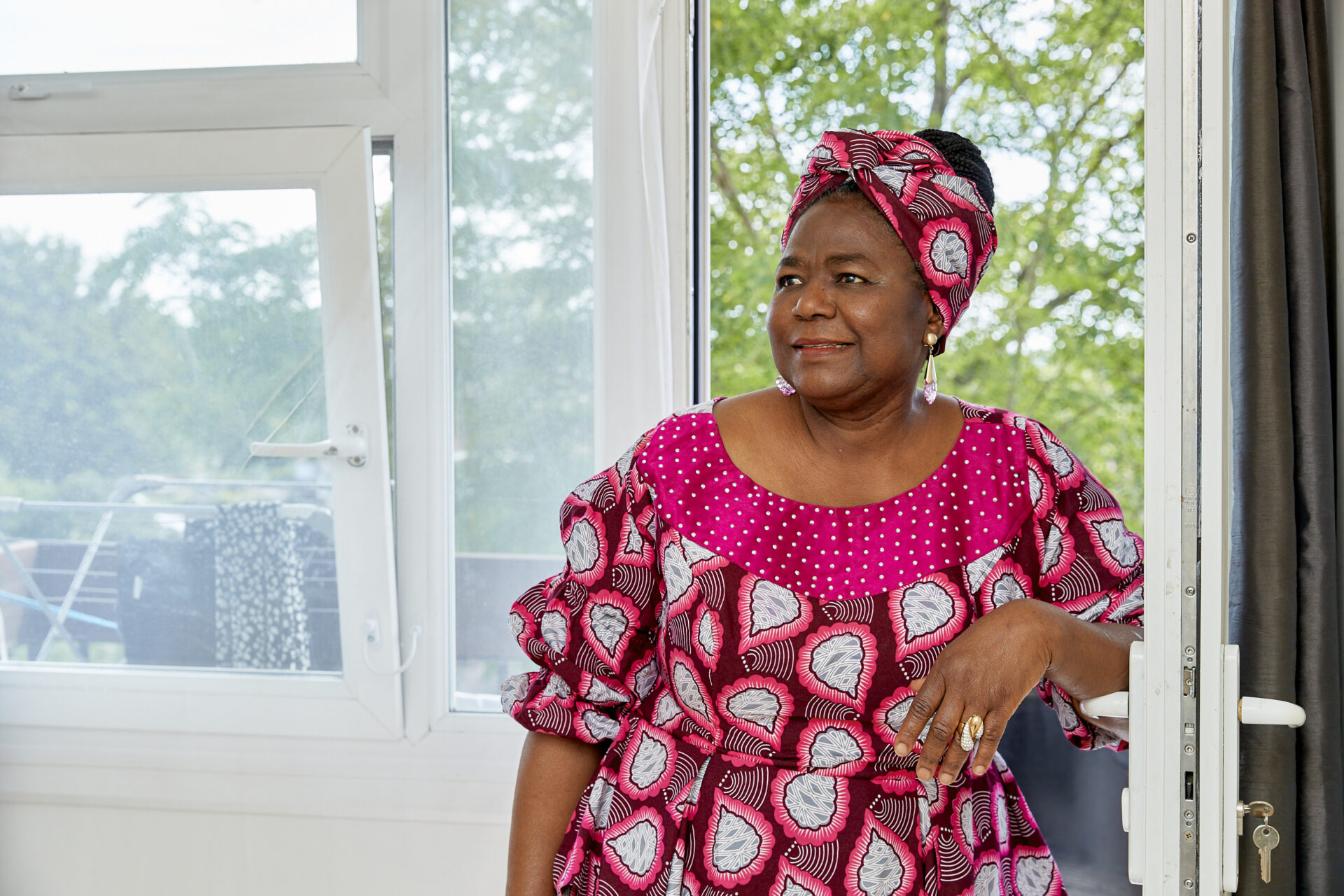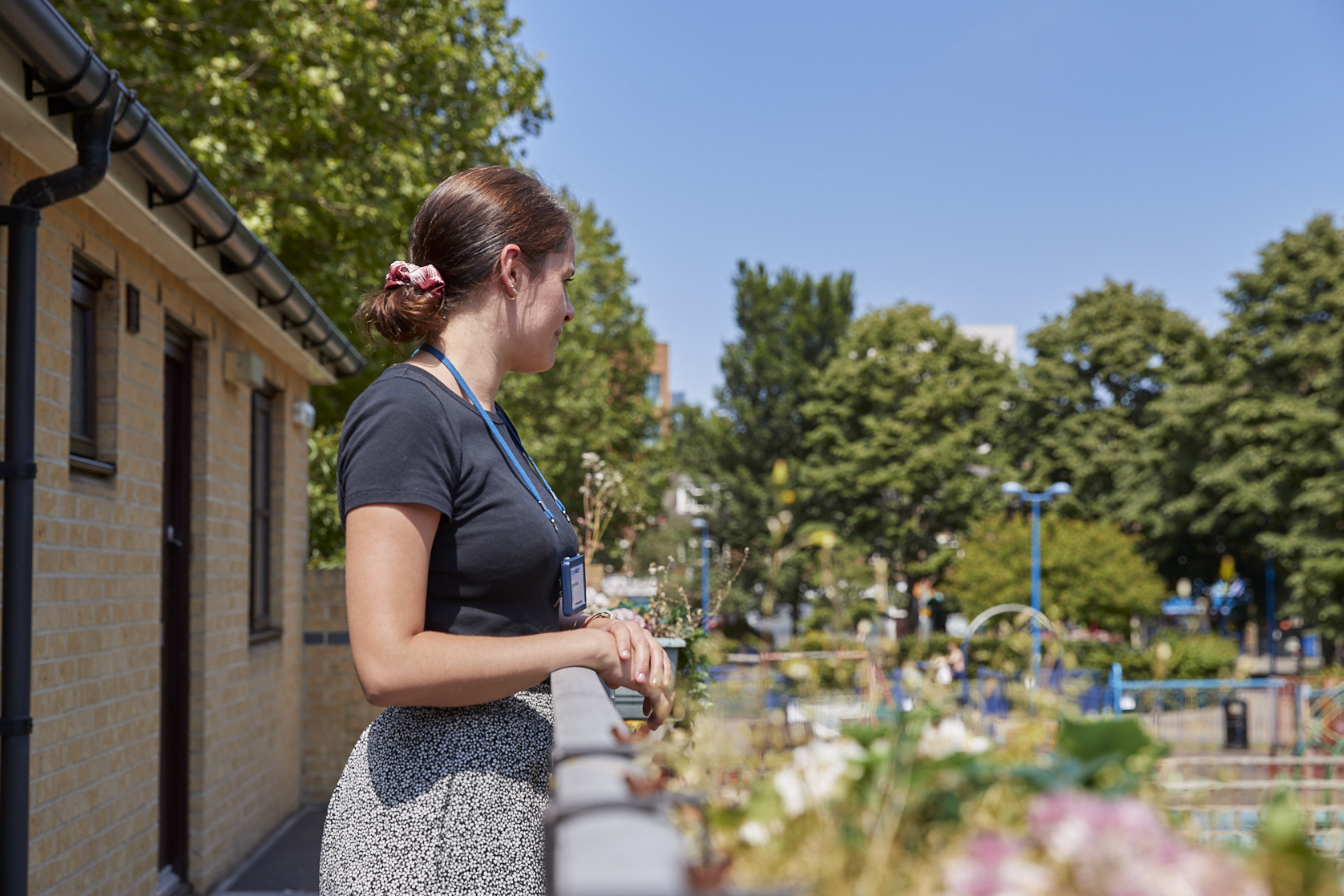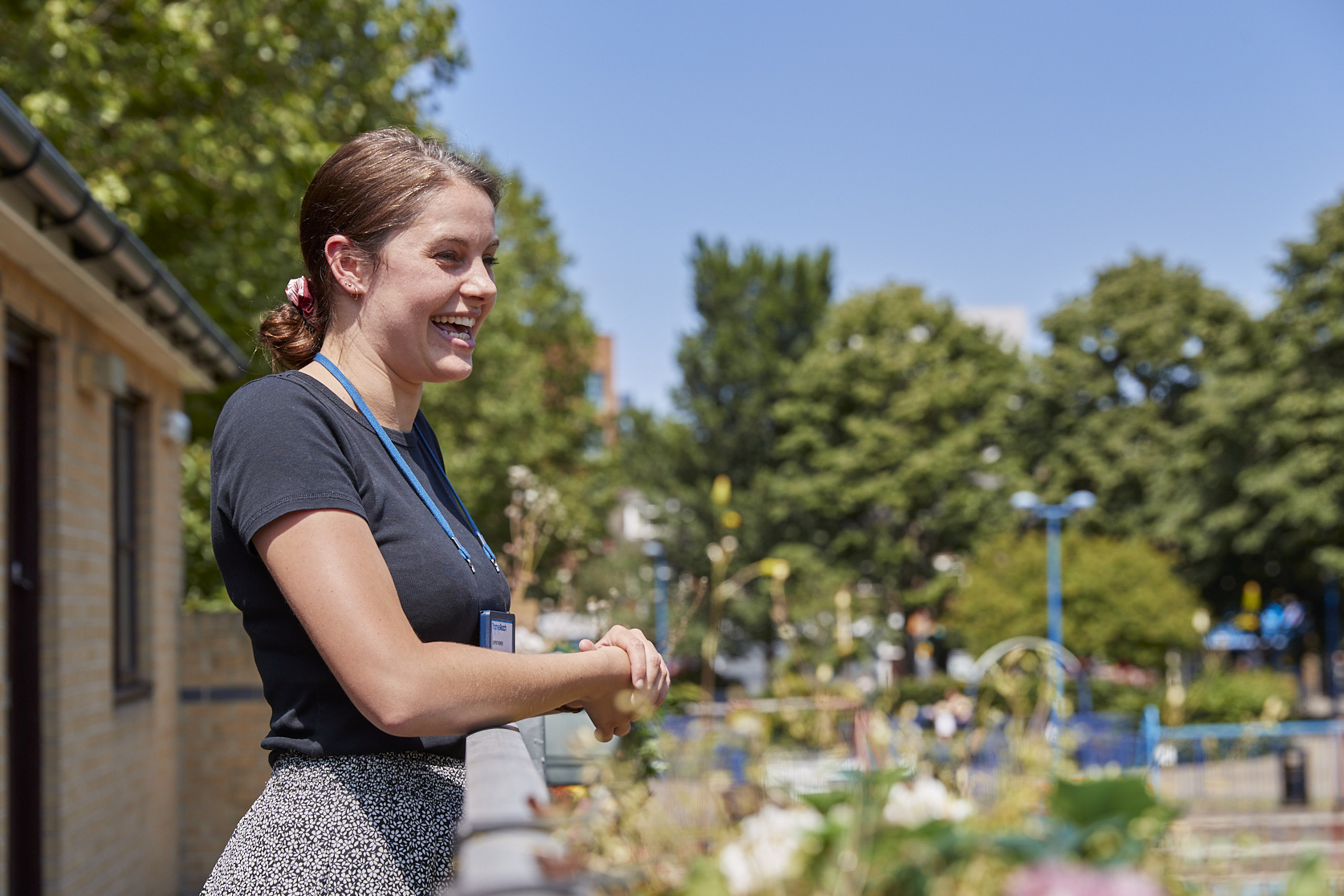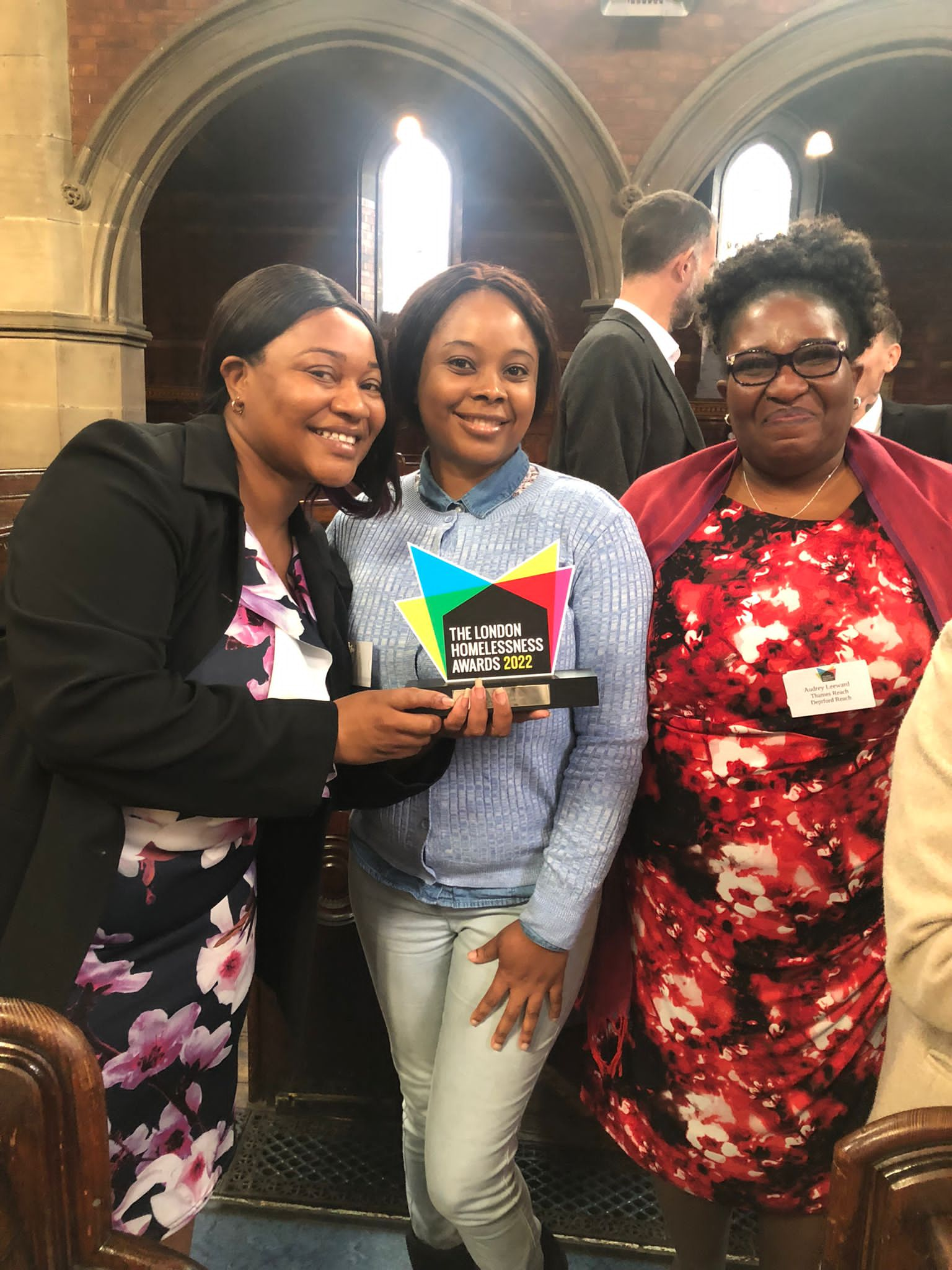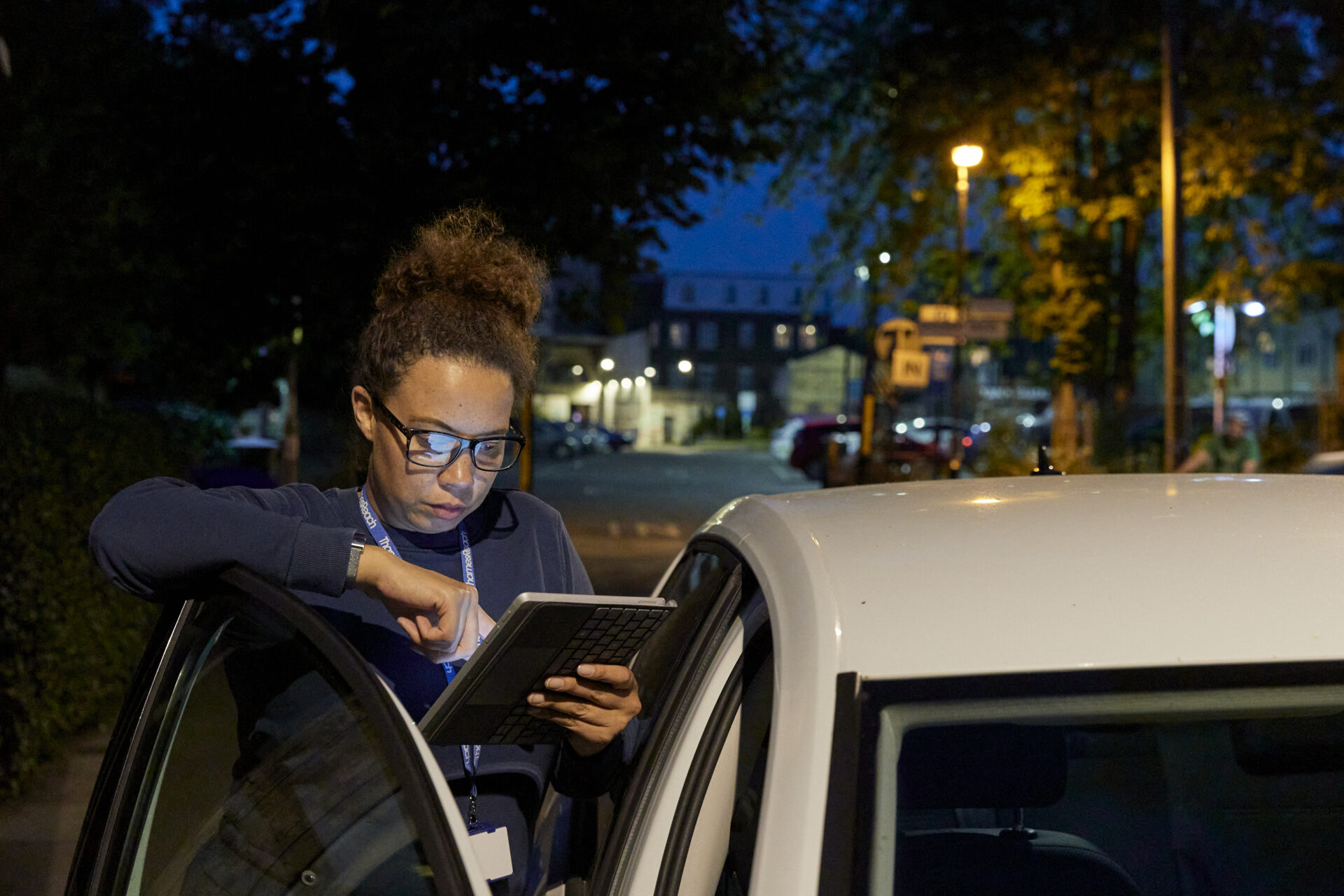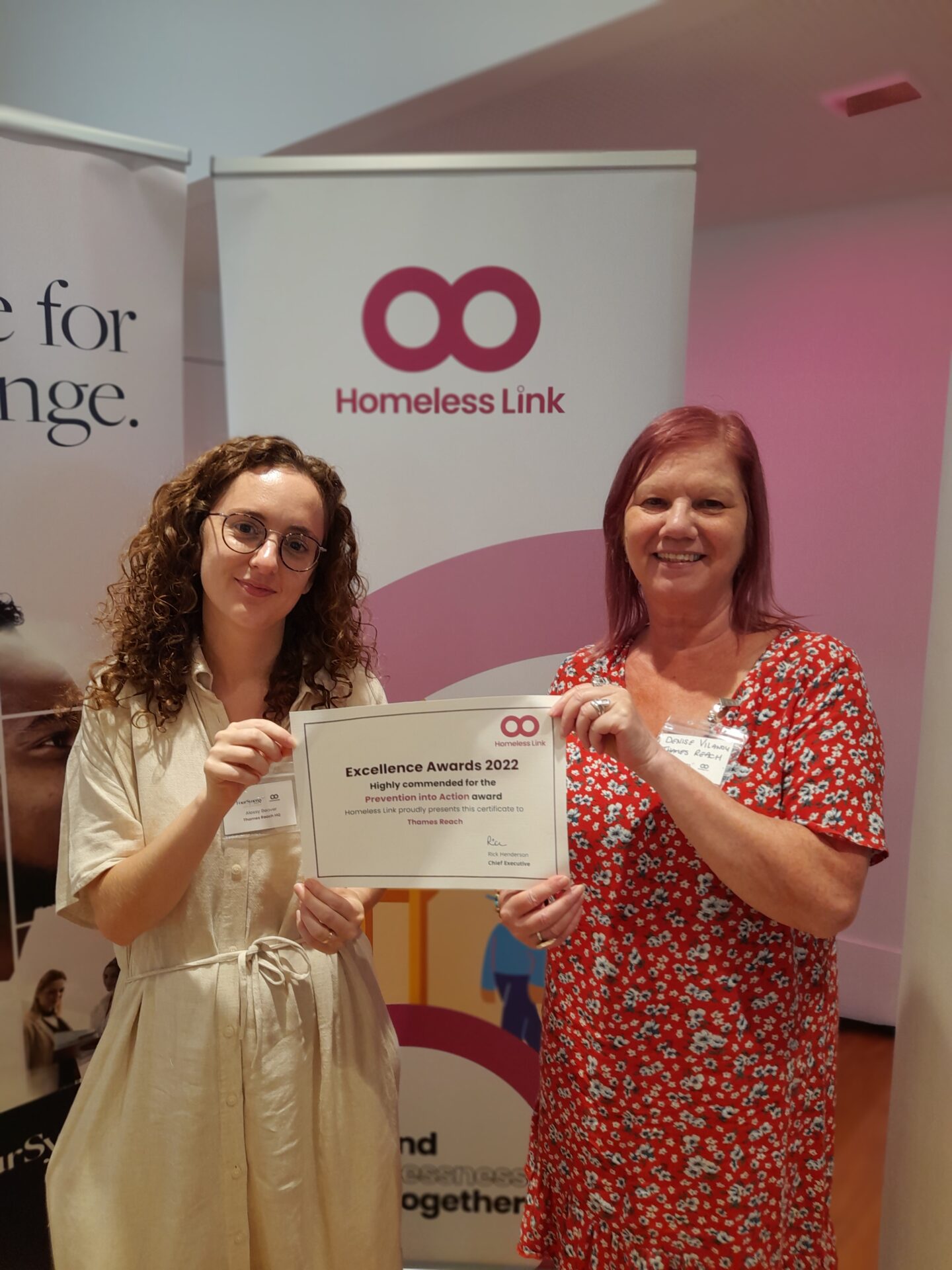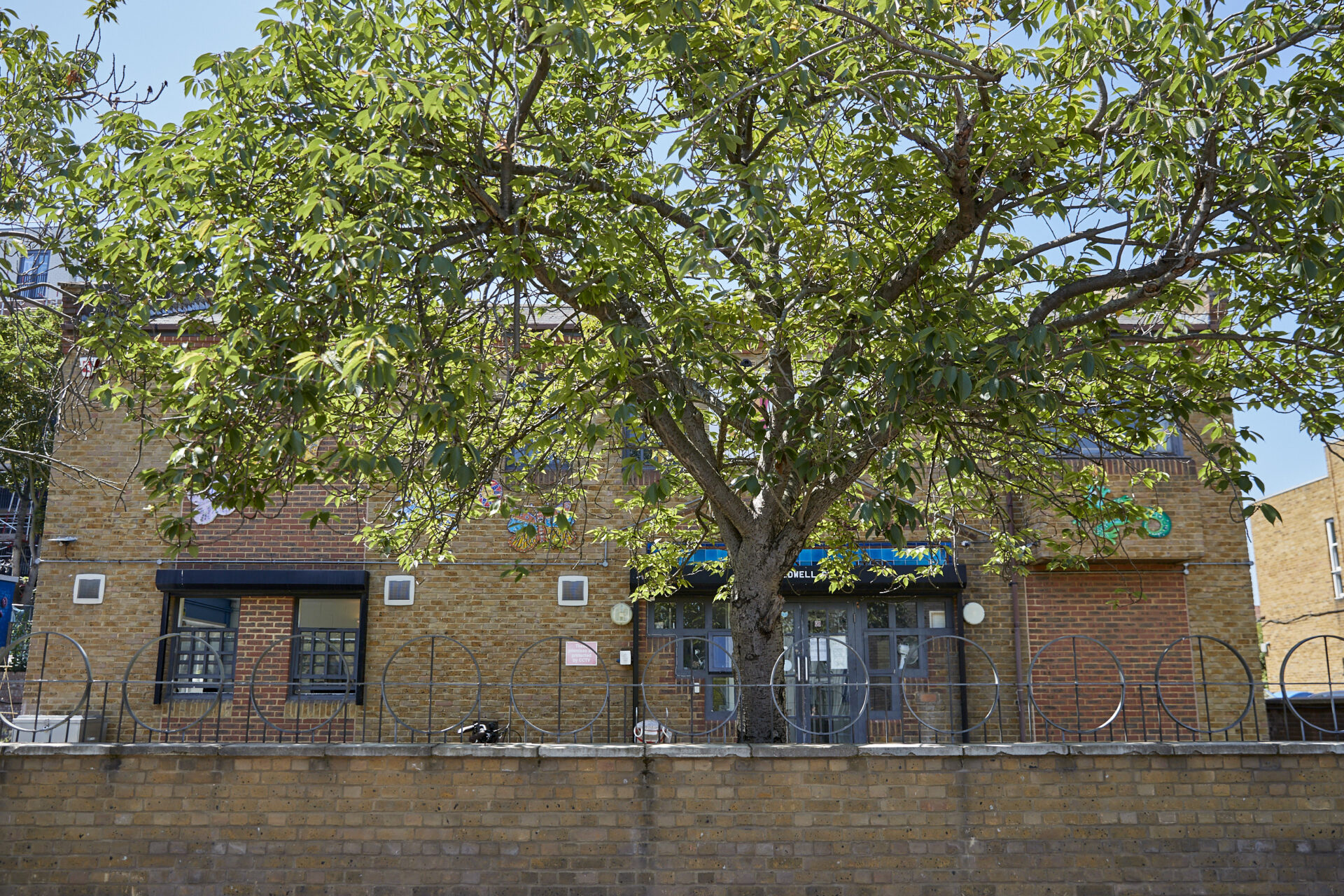How to help people sleeping rough in heatwaves
Rough sleeping can be incredibly dangerous in severe weather. Here is how we are helping people off the streets
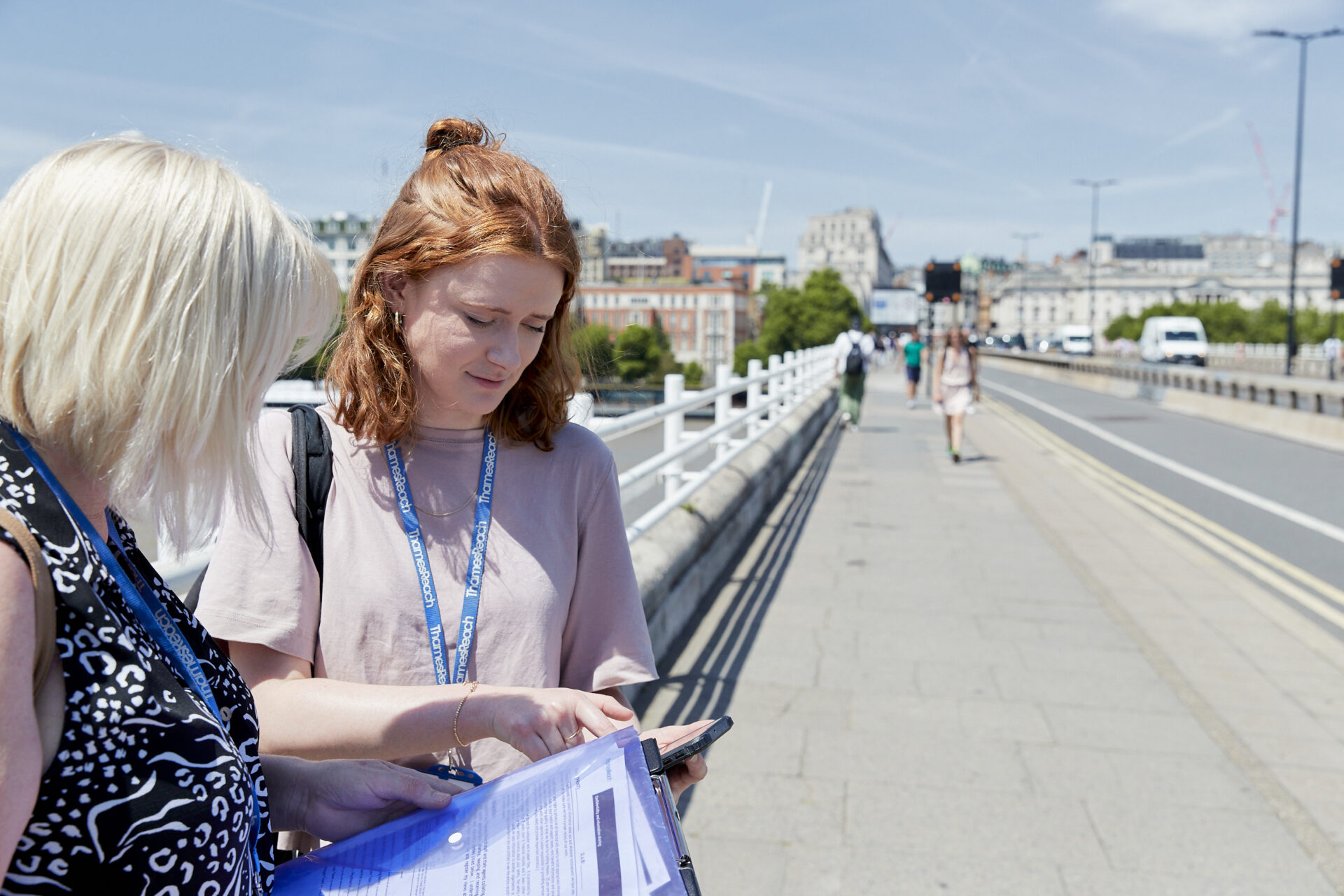
When temperatures in London soar, much of the advice on coping with extreme heat presumes that everyone has a home. There’s very little advice on how to help people sleeping rough in heatwaves. Hot weather can be very difficult to deal with for people who are vulnerably housed or sleeping rough, and can often prove dangerous.
Staying safe in extremely hot conditions is much harder if you don’t have access to cooler spaces, or somewhere to wash yourself. People experiencing homelessness are also much more likely to have poor physical and mental health, which often exacerbates the likeliness and severity of heat-related illnesses. These can include minor symptoms, such as headaches and dizziness, though in severe cases, a person may become unconscious or have a seizure.
If a Level 3 Heat Health Alert is issued, it indicates a significant risk to health from prolonged high temperatures. This alert requires proactive measures to protect the most vulnerable, including those sleeping rough.
What to expect
All boroughs in London will activate their local arrangements to support people sleeping rough during a heatwave. This includes implementing additional measures to ensure their safety and well-being.
Outreach Teams – Outreach teams will conduct extra welfare checks, distribute bottled water and sun cream, and assess individual needs. They will work to help people transition from the streets to suitable accommodation safely.
Cool spaces – ‘Cool Spaces’ are available across London to provide relief on extremely hot days. These include indoor and outdoor areas where people can find respite from the heat. Use this interactive map to locate Cool Spaces, water fountains, and accessible indoor areas here.
How you can help
There are lots of ways that the public can help people sleeping rough in heatwaves. If you see someone in the street who you are concerned about because they appear to be homeless, you can ask them if they would like water or a drink with electrolytes. Anything chilled or frozen can be worth offering too, as it reduces our core body temperature. A sun hat or sun cream can also help with minimising risks caused by the sun, such as heat stroke. Finally, you can refer anyone you see rough sleeping to Streetlink, so that an outreach team can support them, and make them an offer of accommodation.
If you want to report someone sleeping rough, please visit StreetLink and choose the option to help someone sleeping rough: www.thestreetlink.org.uk
If you are sleeping rough, please visit Streetlink and choose the option to get help for yourself: www.thestreetlink.org.uk
If you think someone is in need of urgent care or is in immediate danger, please call 999.

